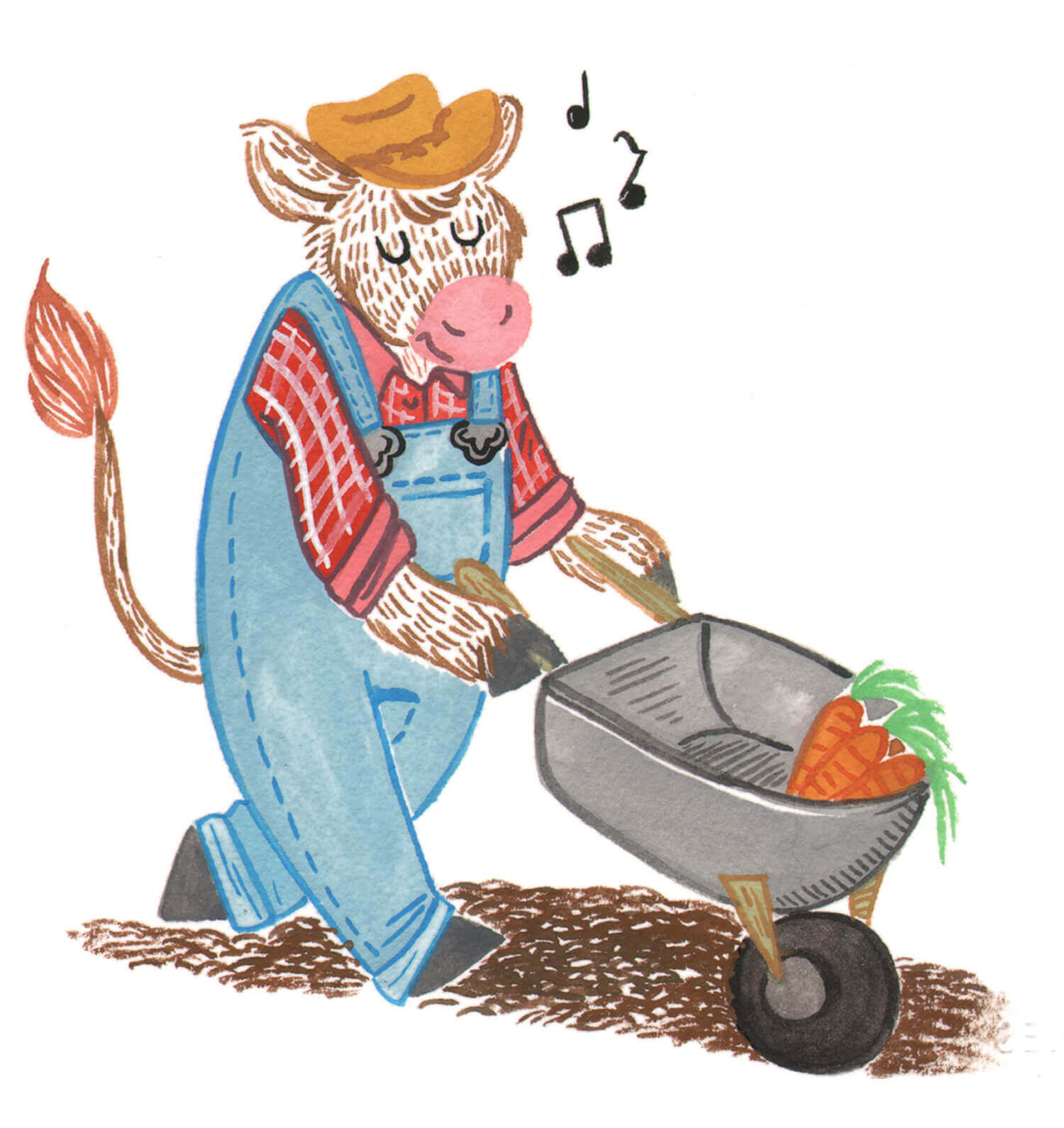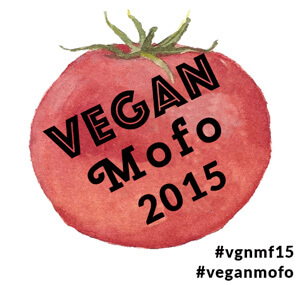
I originally started this post back in the day- maybe over a year ago? Recently I was asked by someone outside of the United States what a CSA was, and I think it might be a good idea to talk about it. I find CSAs a great movement in agriculture, and connects farmers to the consumers much more directly. And this is the time of the year you might want to start looking around for CSA programs. Why? They usually have caps and they are in such demand many have waiting lists. So let’s start with out first question…
What’s a CSA?
CSA stands for Community Supported Agriculture. Although each CSA is run differently, the idea is simple, get the buyer to interact more with the farmers. The consumer invests money into the farm, and earns a “share.” This means you get a certain percentage of the produce. That it. Basically you are a shareholder of a business, but instead of capital gains, you get the physical produce. The idea is popular in the United States and Canada, although they might just have different names outside of North America. Most CSAs revolve around produce but have included meats, cheeses, and other products. Some have branched out to more unconventional ideas. I ran into an Alpaca CSA where shareholders would get divided up yarn, and there was a start up for a wine CSA, but due to liquor laws it was quickly shut down.
But each CSA will have different set ups. Some will have various pick up stations and will have pre-made boxes. This is a popular thing to do since it will give farmers a chance to offer their CSA to a wider range of people. Pick up stations can be in any store, I’ve seen some in bakeries and yoga studios. Some have shareholders more actively involved with the farming process and will help with the farming duties. My personal CSA has it’s members pick up their share at the farm. I get to the farm where they have a large board listing all the veggies I can get. There is a large table where we can “pick and choose” the vegetables we want, usually filling up a large bag with whatever combo we want. Then we have some things we go and pick ourselves, usually berries, tomatoes, beans, and peas. I am lucky to directly pick which veggies I want, but in CSAs that have pre-made boxes usually have request forms where you can write what you would like to see in your box.
Will I be dealing with one farm or more?
Due the popularity of CSAs many farms have joined forces to form one CSA. This is common with CSAs that might have several pick up locations. This gives farmers the chance to be an expert with a specific crop but give the consumer a large selection. So you might have a CSA with 4 different farmers, each one maybe growing 4 to 5 different types of fruits and vegetables. This tends to happen more with food that grow on trees, like peaches, apples, and avocados.
Even if you are dealing with CSA that is one central farm, they might sell food from other local farms. For example my CSA gives shareholders options to buy more food outside of their share. So there are meats from small farmers, apples from a local orchard, homemade foods (like pot pies and veggie burgers), breads, and cheeses.
What’s the advantage?
As a buyer a CSA gives you the advantage for fresher and cheaper produce than a supermarket. Although I love supporting farmer markets, they aren’t always full of fruit and vegetables, especially smaller ones (I find they usually sell cooked foods and finished goods). If you sign up for a good CSA, you should see the farmers. This gives you a chance to ask about farming advice for your small garden, what will be good next week, what to do with this weeks produce, and whatever else you might be wondering.
From an economic standpoint, farmer or farmers who own the CSA have a set source of income. They don’t need to worry about growing a certain amount of product, or worrying about not selling all of it. They are able to get a set amount of money for the year, and can budget accordingly. This also means better job security for the workers as well. They are also cutting out the middle man. Most farms grow produce and sell it to a company which then packages and sells the produce to a supermarket, which sells it to you. So the money you spend goes more directly towards the farmers.
And it is great for the environment. Not all CSAs are certified organic since it can be an expensive and time consuming process to get the certification. But that doesn’t mean the farm will use pesticides and chemicals. Most CSAs work as one farm, growing various fruits and vegetables. This gives a lot more variety, so if one year if there is a blight, you might not get many tomatoes but you will get plenty of kale. Also by having people who live close pick up their produce, you cut out a lot of gas used for transportation. Now you don’t need a truck to ship your berries across the country.
So then what’s the disadvantage?
As I mention before that CSAs will grow many different vegetables, letting the weather decide to a certain degree which ones will die and flourish. This forces you to take what you can get. This can get you to be creative and find new foods to eat. This is exciting. It also can mean you are still spending money in the supermarket for things you want. For example, the few years my CSA to perfect the growing process of onions and garlic, so I was buying those for awhile at the supermarket (and still do from time to time).
You might get too much. And you might think that isn’t a problem. I use to think that way. I thought, oh how could I ever have too much food? During farming season, I spend 3 minutes with my fridge door open just trying to find ketchup. Depending on the season things are better than others. Spring is brutal as the produce just takes up lots of space. Most greens cook down to make only one meal, but will fill up your vegetable drawer fast. Some weekends I feel like I am simply cooking just to get things out of the way- like when I made kimchi just to make room in the fridge for kale and collard greens.
Beginners Tips
- Get a salad spinner. Seriously. You’ll need it. I can not stress how dirty your food will be from the farm. I will wash my greens 3 or 4 times just to get all the dirt out. I was a little ticked when my husband put a salad spinner on our registry as they take up a lot of space and our kitchen is small. But it is has proved to be a must have kitchen item.
- Prep all your food when you get home. It might be tempting to toss you bag in the fridge and call it a day. But organizing and prepping your food will ensure it will last longer. Make sure your produce are in bags, except for berries, apples, etc. If your CSA doesn’t provide produce bags, I’ve found that reusing old plastic shopping bags work great. Otherwise your produce will wilt before the end of the week and nobody wants to eat that.
- Dry off your lettuce. This kind-of falls into the “prep your food first” tip, but it is slightly different. Aside from berries, lettuce is the next most perishable produce from farms. They always seem to be wet from farmers trying to clean them, or from morning dew. So after three days the lettuce is a little slimy. So I’ve made practice to chop, wash, and dry lettuce as soon as I can so it stays fresher, longer. Plus, letting lettuce greens sit a day or two after chopping actually INCREASES it’s nutritional value.
- Sign up for pinterest and buy a BIG book on veggies. You will find lots of new vegetables at your CSA. For example, kolhrabi might not be all that well known to you. Even veggies that you know of, you might want more ideas to toss around, like using radish for something other than salads. So I find pinterest a big help. Also getting a dictionary of vegetables is helpful. I like using Vegetable Love as a guide on how to cook certain vegetables, and get ideas on what I can do with them (note it isn’t a vegan or vegetarian cookbook).
- SPIDERS! CATERPILLARS! AND MAGGOTS OH MY! Put your produce in the fridge, especially fruits. I remember being in grade school and having teachers say how people use to think food with transform into maggots, and think “wow people sure were dumb.” Until you pick some berries and leave them on the counter overnight. You swear you picked the untainted berries, but then you get a text from your husband asking if you saw any maggots in the berries. I am constantly finding caterpillars in my kale, and then I feel bad for killing them in my fridge. It happens. You’ll get use to it.
- Learn to pickle and can your food. You WILL get too much food than you can eat in a week. Even if you have lots of kids, you still might struggle to use ALL of your produce. Especially if you get a lot of a specific item. You might need to make jam, pick some peppers, freeze beans, and make tomato sauce. Learning how to make these items will help preserve some food for the winter, and prevent waste.
Picking Tips
Not many CSAs have you pick fields. But if they do, you can get some first dibs on produce. The best part of these is towards the end of the season there are lots of “finder keepers” days, or free for alls because the plants are producing so much fruit.
- Go to the far ends of the rows. Pretty much go where no one else is. It sounds silly, but I am shocked by how most people stick to the very openings. Going to the opposite ends usually ensure you get virtually untouched plants. I also will try and pick rows where it is hard to get to, whether it is lots of weeds or falling branches. People just pass right over them, giving you a chance to go nuts.
- Dress appropriately. I like wearing knee high socks during the summer, the height of picking season. Weeds grow and they tend to be prickly. Wearing socks will protect you. Other tips? Wear a big hat or sunglasses, wear boots if it rained recently, and don’t dress up.
- Get ready to squat and go on your tippy toes. Most people look at eye level, and therefore miss a lot of low produce. Squat down and look around, you might find a bunch of produce on a seemingly empty plant. If there is a tree or vine, look at the top, as some people won’t bother if it isn’t easy to pick. Kids can be great since they are naturally small and the some produce is naturally at their sight lines. But they are usually not so productive, so you know, disadvantages.
- Get there early. The early big catches the worm, right? Well the same it true at your CSA, people are looking to make their trip faster, so the earlier you get there the less picked over the plants will be.
- As for tips. Each plant has their own way to check for ripeness. It might take some trial and error to find the perfect fruit, but you will get the handle on it. But if you are totally clueless, ask some of the farmers, they will be happy to get suggestions. You can even ask some of the members of your CSA, they might steer you away from a specific area or show you examples of what they picked.
Is a CSA right for you?
Although I love my CSA, and think all places should base their farms off of theirs, I am aware it isn’t for everyone. Cooking seasonally takes awhile to learn. It is hard to write about since each area has different produce and different food comes in season at different times. Some things seems a no brainer to eat, like salad during the summer? Right? Well lettuce is actually a spring crop! There are varieties that grow during the summer, but you can’t assume your CSA will try growing them.
You also need to enjoy cooking and be willing to try new things. As mentioned above, you might need to pickle things to preserve them. I started pickling peas since we would get more than what we could eat in a week. I’ve also made my own tomato sauce and bbq sauce since there were so many tomatoes from the farm one year. It might be a lot of work but it lets you have it a little easier during the winter when you can just defrost some tomato sauce for a recipe.
Nervous? Find someone to split a share with! Some people at my CSA will alternate weeks between two people. This can give you a chance to get use to eating seasonally. We have gotten so use to buying whatever we want whenever we need it, that it is can be a hard pill to swallow to be told what to take. This can mean breaking traditions and creating new ones.














